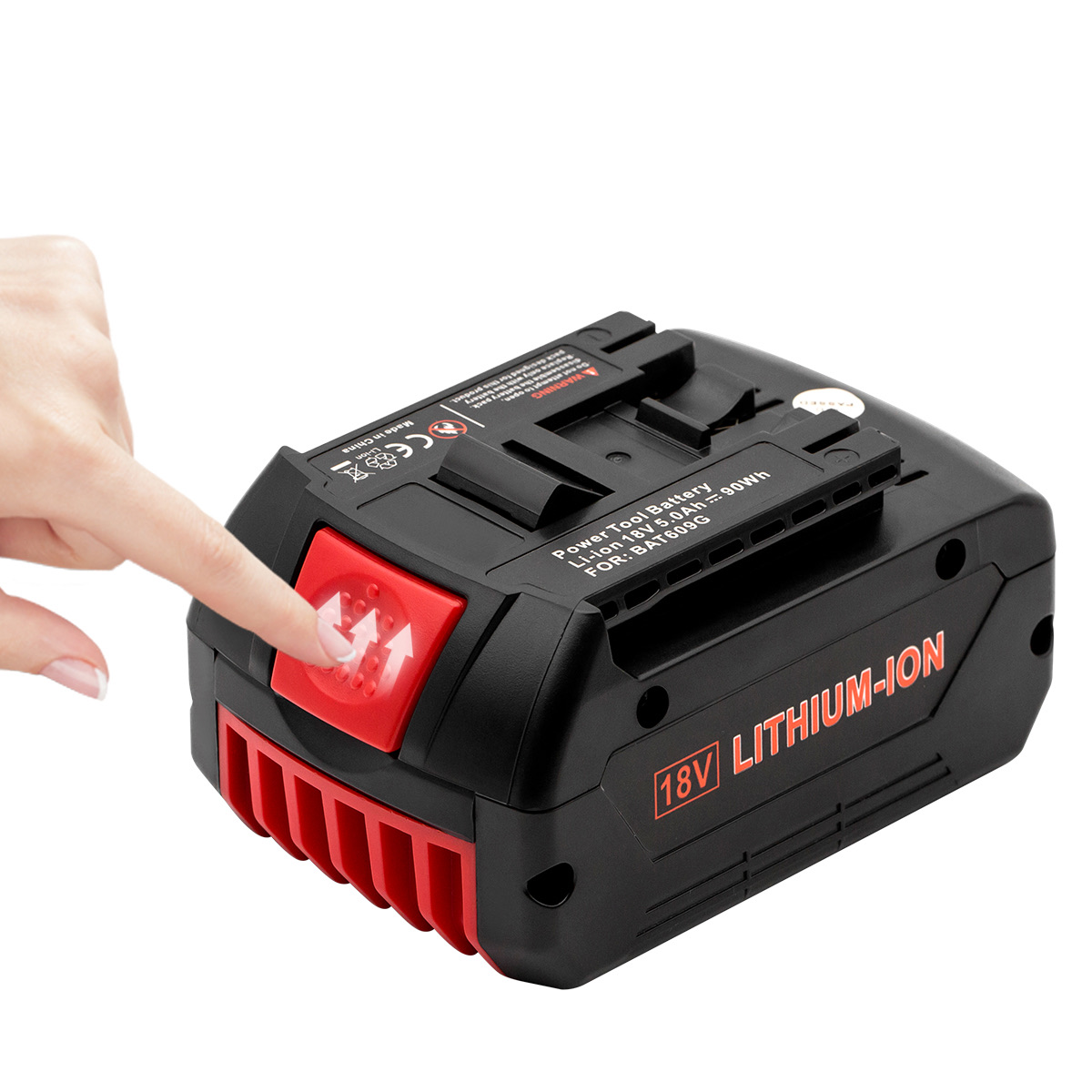

Articles
What’s The Best Batteries For Power Tools
Modified: December 7, 2023
Discover the top battery options for power tools with our informative articles. Find out which batteries provide the best performance and durability.
(Many of the links in this article redirect to a specific reviewed product. Your purchase of these products through affiliate links helps to generate commission for Storables.com, at no extra cost. Learn more)
Introduction
In today’s world, power tools have become an essential part of any DIY enthusiast or professional tradesperson’s toolbox. These tools provide convenience and efficiency, allowing you to complete tasks quickly and effectively. However, to ensure that your power tools are always ready to go, you need reliable and long-lasting batteries.
When it comes to power tool batteries, there are several options available in the market. Each type of battery brings its own set of advantages and disadvantages, which can make choosing the right one a challenge. In this article, we will explore the three most common types of batteries for power tools: lithium-ion, nickel-cadmium, and nickel-metal hydride.
Key Takeaways:
- Lithium-ion batteries are the top choice for power tools due to their high energy density, long life cycle, consistent power output, low self-discharge rate, and fast charging capabilities, despite being pricier upfront.
- When choosing power tool batteries, consider factors such as compatibility, cycle life, capacity, charging time, weight, budget, and brand reputation to ensure optimal performance and efficiency for your tools.
Read also: 14 Best Battery Power Tools for 2024
Lithium-ion Batteries
Lithium-ion (Li-ion) batteries have revolutionized the power tool market with their superior performance and efficiency. These batteries are known for their high energy density, meaning they can store more power in a smaller and lighter package compared to other battery types.
One of the biggest advantages of lithium-ion batteries is their long life cycle. They can be recharged and used hundreds of times without experiencing a significant decrease in performance. This makes them a cost-effective choice in the long run.
Another benefit of lithium-ion batteries is their ability to provide a consistent power output throughout their discharge cycle. This ensures that your power tools maintain their performance until the battery is completely depleted. Additionally, lithium-ion batteries have a low self-discharge rate, allowing them to hold their charge for an extended period of time when not in use.
Furthermore, lithium-ion batteries offer fast charging capabilities. They can reach full charge in a relatively short amount of time compared to other battery types. This is particularly useful for professionals who require minimal downtime between tasks.
However, there are a few drawbacks to consider. Lithium-ion batteries are generally more expensive than other battery options upfront. Additionally, they can be sensitive to high temperatures, which may affect their performance or even lead to the risk of overheating if not handled properly.
In summary, lithium-ion batteries are a popular choice for power tools due to their high energy density, long life cycle, consistent power output, low self-discharge rate, and fast charging capabilities. While they may be pricier upfront and require careful handling, their overall performance and convenience make them a reliable option for powering your tools.
Nickel-cadmium Batteries
Nickel-cadmium (NiCd) batteries have been a staple in the power tool industry for many years. These batteries are known for their durability and ability to withstand harsh conditions. They have a long history of reliable performance and have been the go-to choice for many professionals.
One of the major advantages of nickel-cadmium batteries is their ability to handle high discharge currents. This makes them ideal for power tools that require a lot of power, such as high-torque drills or heavy-duty saws. Additionally, NiCd batteries can maintain a relatively stable voltage under load, ensuring consistent performance.
Nickel-cadmium batteries also have a good cycle life, meaning they can be charged and discharged multiple times without a significant loss in capacity. This makes them a cost-effective option for those who frequently use their power tools.
Furthermore, NiCd batteries are known for their ability to handle extreme temperatures. They can withstand both high and low temperatures, making them suitable for use in various environments and climates.
However, there are a few drawbacks to consider. Nickel-cadmium batteries have a higher self-discharge rate compared to lithium-ion batteries, meaning they can lose their charge even when not in use. This can result in reduced performance if the battery is not regularly recharged.
In addition, NiCd batteries suffer from the “memory effect,” a phenomenon wherein the battery gradually loses its capacity if not fully discharged before recharging. To prevent this, it is recommended to fully discharge NiCd batteries before recharging them.
Overall, nickel-cadmium batteries offer robust performance, high discharge capabilities, and excellent durability. They are well-suited for power tools that require heavy-duty use and can withstand harsh conditions. However, their higher self-discharge rate and susceptibility to the memory effect should be taken into account when considering their use.
Nickel-metal Hydride Batteries
Nickel-metal hydride (NiMH) batteries are another popular option for powering power tools. These batteries have gained popularity as an environmentally friendly alternative to other battery types, thanks to their lower toxicity compared to nickel-cadmium batteries.
One of the key advantages of nickel-metal hydride batteries is their higher energy density compared to nickel-cadmium batteries. This means they can store more power in a smaller and lighter package, providing longer-lasting performance for your power tools.
NiMH batteries also have a higher nominal voltage, which allows power tools to operate at a higher voltage level, resulting in improved performance and increased efficiency.
Another benefit of nickel-metal hydride batteries is their lower self-discharge rate compared to nickel-cadmium batteries. This means they can hold their charge for a longer period of time, making them a more convenient option for occasional or infrequent use.
Furthermore, NiMH batteries do not suffer from the memory effect, unlike nickel-cadmium batteries. This means they can be charged at any time without needing to be fully discharged first.
However, there are a few drawbacks to consider. Nickel-metal hydride batteries have a shorter overall lifespan compared to lithium-ion batteries. They can also experience a slight decrease in performance as they approach the end of their discharge cycle. Additionally, NiMH batteries can be more expensive upfront compared to nickel-cadmium batteries.
In summary, nickel-metal hydride batteries offer a higher energy density, higher nominal voltage, lower self-discharge rate, and are less toxic compared to nickel-cadmium batteries. They provide a reliable and environmentally friendly option for powering your power tools. However, their shorter overall lifespan and higher upfront cost should be taken into account when considering their use.
Look for lithium-ion batteries for power tools, as they offer high energy density, longer run times, and faster charging compared to other types of batteries.
Compare and Contrast: Lithium-ion vs Nickel-cadmium vs Nickel-metal Hydride
When it comes to choosing the best battery for your power tools, it’s essential to compare and contrast the different options available. Let’s take a closer look at how lithium-ion, nickel-cadmium, and nickel-metal hydride batteries stack up against each other:
- Energy Density: Lithium-ion batteries have the highest energy density, meaning they can store the most power in a smaller and lighter package. Nickel-metal hydride batteries come in second, followed by nickel-cadmium batteries.
- Performance: Lithium-ion batteries provide consistent power output throughout their discharge cycle, ensuring optimal performance until the battery is depleted. Nickel-cadmium and nickel-metal hydride batteries also offer reliable performance, but their voltage may drop gradually as the battery discharges.
- Life Cycle: Lithium-ion batteries have a longer life cycle compared to nickel-cadmium and nickel-metal hydride batteries. They can be recharged and used hundreds of times without a significant decrease in capacity. Nickel-cadmium batteries have a good cycle life, while nickel-metal hydride batteries have a shorter overall lifespan.
- Self-Discharge: Lithium-ion batteries have a low self-discharge rate, allowing them to hold their charge for an extended period. Nickel-metal hydride batteries also have a relatively low self-discharge rate. In contrast, nickel-cadmium batteries have a higher self-discharge rate and may lose their charge more quickly when not in use.
- Charging Time: Lithium-ion batteries offer fast charging capabilities and can reach full charge in a relatively short period. Nickel-cadmium and nickel-metal hydride batteries may take longer to charge compared to lithium-ion batteries.
- Environmental Impact: Nickel-metal hydride batteries are considered more environmentally friendly due to their lower toxicity compared to nickel-cadmium batteries. Lithium-ion batteries are also considered less harmful to the environment compared to other battery types.
- Cost: Lithium-ion batteries are generally more expensive upfront compared to nickel-cadmium and nickel-metal hydride batteries. However, they offer better long-term value due to their longer lifespan and higher performance.
Ultimately, the best battery choice for your power tools depends on your specific needs and preferences. If you prioritize high energy density, longer life cycle, and faster charging, lithium-ion batteries are the way to go. If durability and high discharge capabilities are essential, nickel-cadmium batteries may be the better option. And if you seek a more environmentally friendly alternative, nickel-metal hydride batteries are worth considering.
Consider factors such as the tasks you’ll be performing, the frequency of use, the weight of the battery, and your budget when making your decision. Regardless of the type of battery you choose, make sure to follow proper handling and charging instructions to maximize its performance and lifespan.
Read more: What Are The Best Power Tool Brands
Factors to Consider When Choosing Power Tool Batteries
When it’s time to choose a battery for your power tools, there are several important factors to consider. These factors will help you make an informed decision and ensure that you choose the right battery for your specific needs. Let’s explore the key factors:
- Battery Compatibility: The first and most crucial factor is to ensure that the battery you choose is compatible with your power tools. Different power tools may require specific battery types, voltages, or sizes. Check the manufacturer’s recommendations or consult the user manual to determine the compatible battery options for your tools.
- Battery Type: Consider the advantages and disadvantages of each battery type, such as lithium-ion, nickel-cadmium, and nickel-metal hydride. Think about factors like energy density, performance, life cycle, self-discharge rate, and charging time. Choose a battery type that aligns with your requirements and preferences.
- Cycle Life: The cycle life of a battery refers to the number of times it can be charged and discharged before its capacity significantly decreases. If you anticipate frequent use of your power tools, consider a battery with a higher cycle life to ensure long-term durability and performance.
- Capacity: Battery capacity refers to how much energy the battery can store. A higher capacity battery will provide longer runtime, allowing you to work for extended periods without recharging. Evaluate your workload and choose a battery with sufficient capacity to meet your power requirements.
- Charging Time: Consider the charging time of the battery. Some battery types, like lithium-ion, offer fast charging capabilities, allowing you to get back to work quickly. If you value minimal downtime, opt for a battery that charges efficiently.
- Battery Weight: The weight of the battery can impact the overall usability and comfort of your power tool. Heavier batteries may cause fatigue during prolonged use, while lighter batteries offer greater maneuverability. Strike a balance between battery weight and power requirements to ensure a comfortable user experience.
- Budget: Take into account your budget when considering power tool batteries. Different battery types and brands may vary in cost. While lithium-ion batteries are generally more expensive upfront, they offer better long-term value due to their longer lifespan and superior performance.
- Quality and Brand Reputation: Choose batteries from reputable brands known for their quality and reliability. Read customer reviews and seek recommendations to ensure that you select a battery from a trusted manufacturer that will deliver long-lasting performance.
By considering these factors, you can make an informed decision when choosing power tool batteries that align with your specific needs and preferences. Remember to prioritize compatibility with your tools, evaluate battery type and features, consider cycle life and capacity, and balance weight and budget considerations. Ultimately, the right battery choice will ensure optimal performance and efficiency for your power tools.
Conclusion
Choosing the best battery for your power tools is crucial for ensuring optimal performance, durability, and convenience. After exploring the three most common types of power tool batteries – lithium-ion, nickel-cadmium, and nickel-metal hydride – and considering the factors involved in the decision-making process, it’s time to draw some conclusions.
Lithium-ion batteries have emerged as a top choice for power tools, due to their high energy density, long life cycle, consistent power output, low self-discharge rate, and fast charging capabilities. While they may be more expensive upfront and require careful handling, their overall performance and convenience make them a reliable option.
Nickel-cadmium batteries have a long history of reliable performance, high discharge capabilities, and ability to handle harsh conditions. However, they have a higher self-discharge rate and can be prone to the memory effect, requiring full discharge before recharging.
Nickel-metal hydride batteries offer a higher energy density than nickel-cadmium, lower self-discharge rate, improved environmental impact, and compatibility with higher voltage tools. However, they have a shorter overall lifespan compared to lithium-ion batteries and can be more expensive upfront.
When choosing a power tool battery, it’s essential to consider factors such as battery compatibility, type, cycle life, capacity, charging time, weight, budget, and quality. By assessing these factors and aligning them with your specific needs and preferences, you can make an informed decision that will meet your power tool requirements.
Remember, the right battery choice will ensure optimal performance, long-term durability, and a comfortable user experience. Carefully research and evaluate the different options available, and don’t hesitate to seek recommendations from experts or read customer reviews to ensure you select a battery from a reputable manufacturer.
In conclusion, selecting the best battery for your power tools boils down to understanding your needs, considering the advantages and disadvantages of each battery type, and making a decision based on the specific requirements of your tools and project demands. Invest in a high-quality battery that offers the best combination of performance, durability, and value for your power tools, and enjoy efficient and reliable performance in all your DIY or professional endeavors.
Frequently Asked Questions about What's The Best Batteries For Power Tools
Was this page helpful?
At Storables.com, we guarantee accurate and reliable information. Our content, validated by Expert Board Contributors, is crafted following stringent Editorial Policies. We're committed to providing you with well-researched, expert-backed insights for all your informational needs.
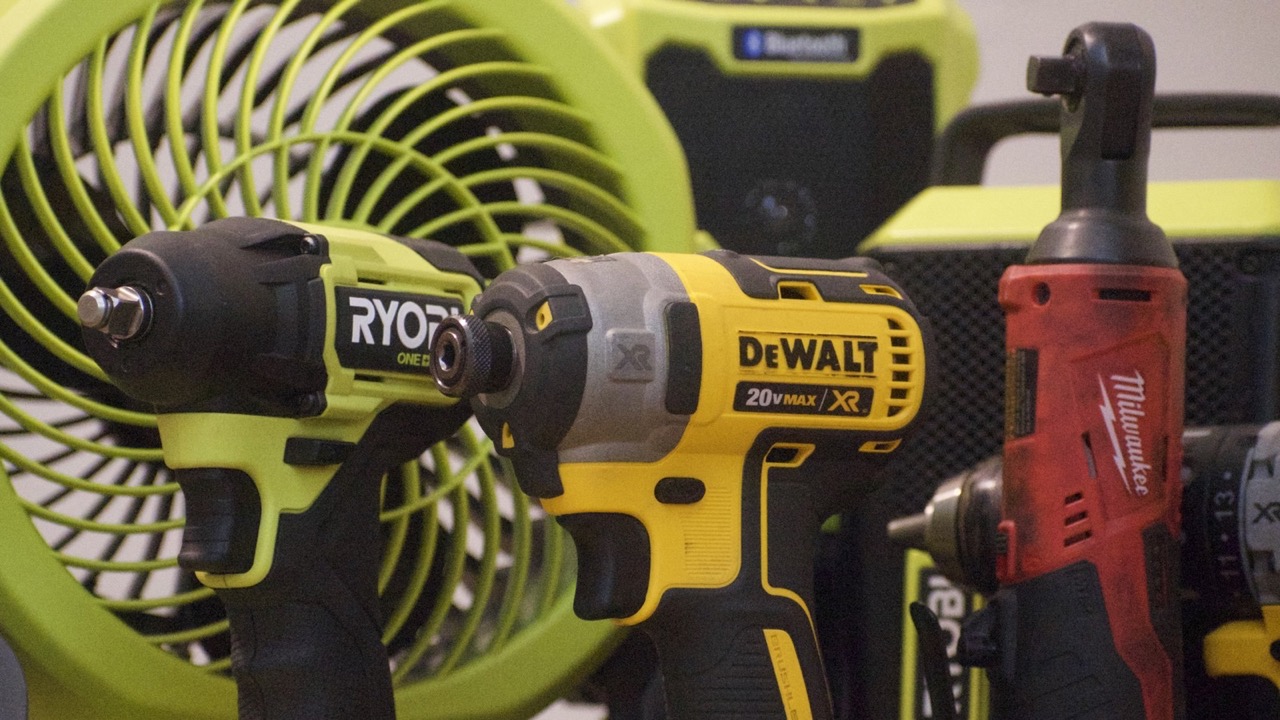
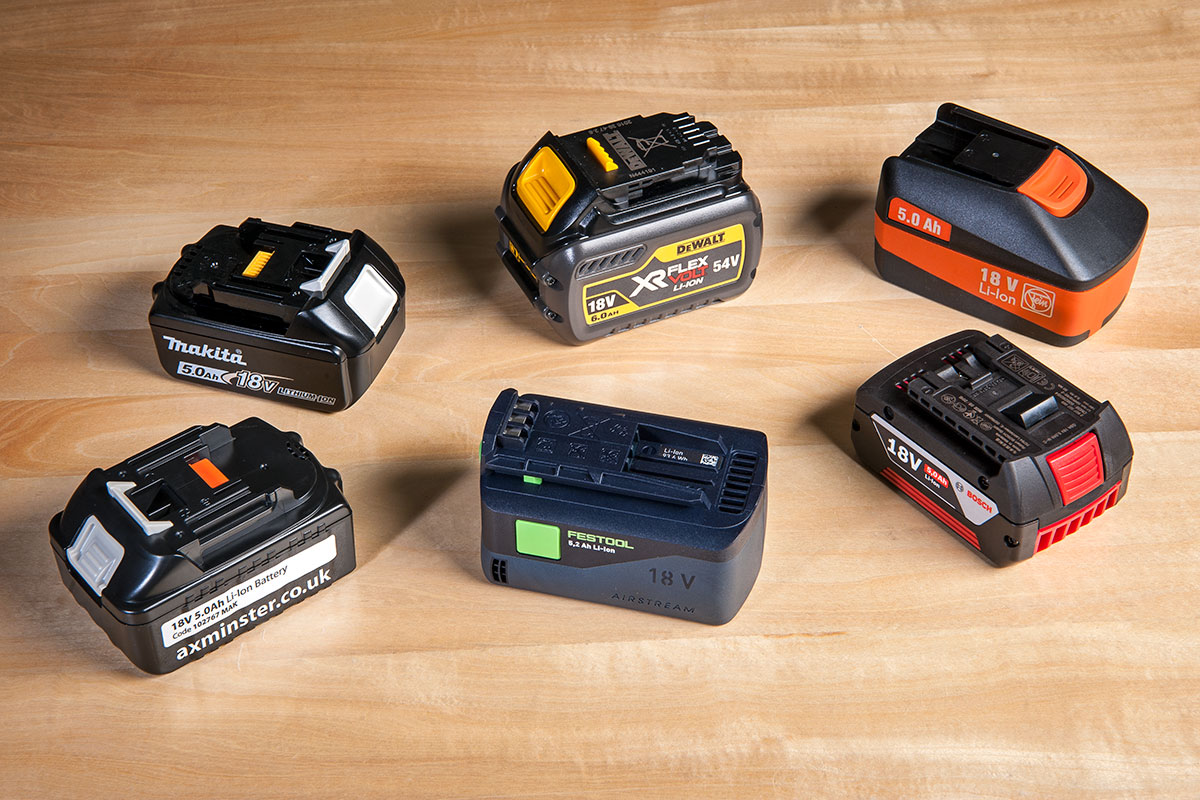
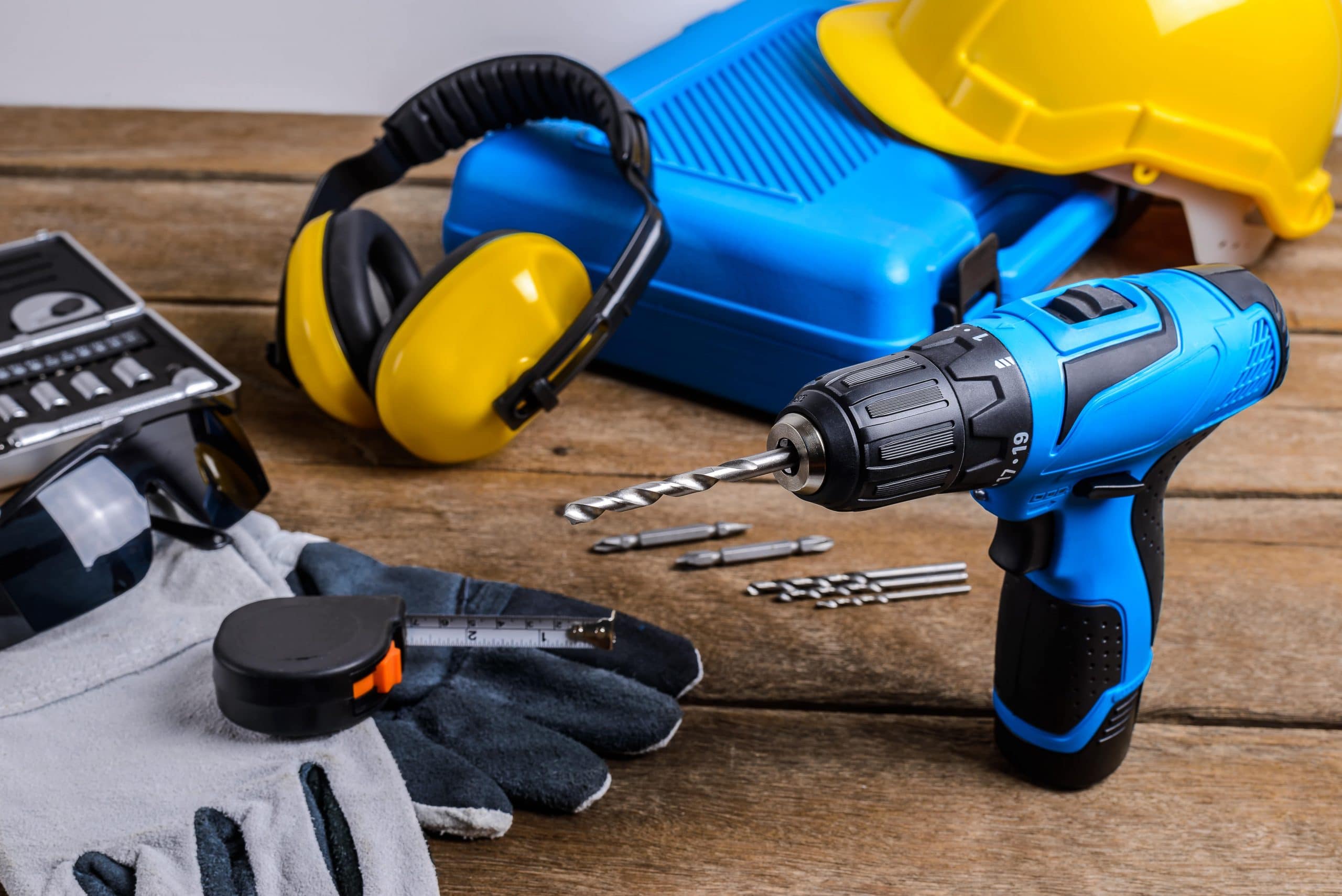
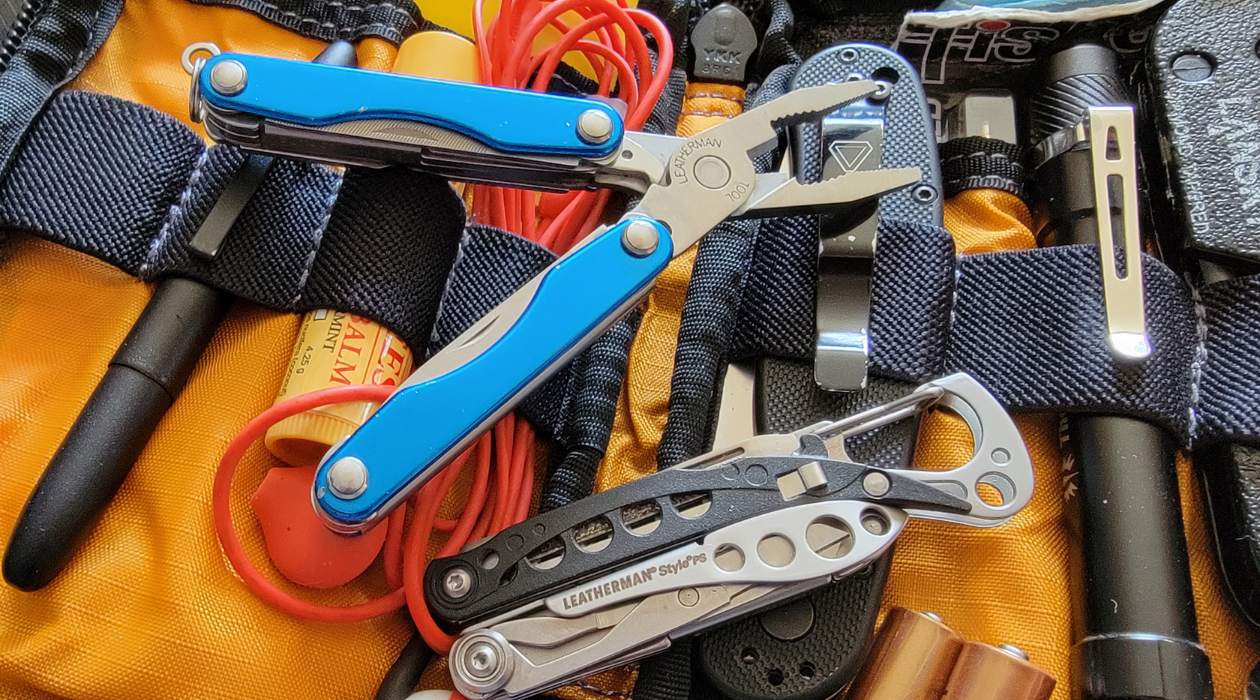
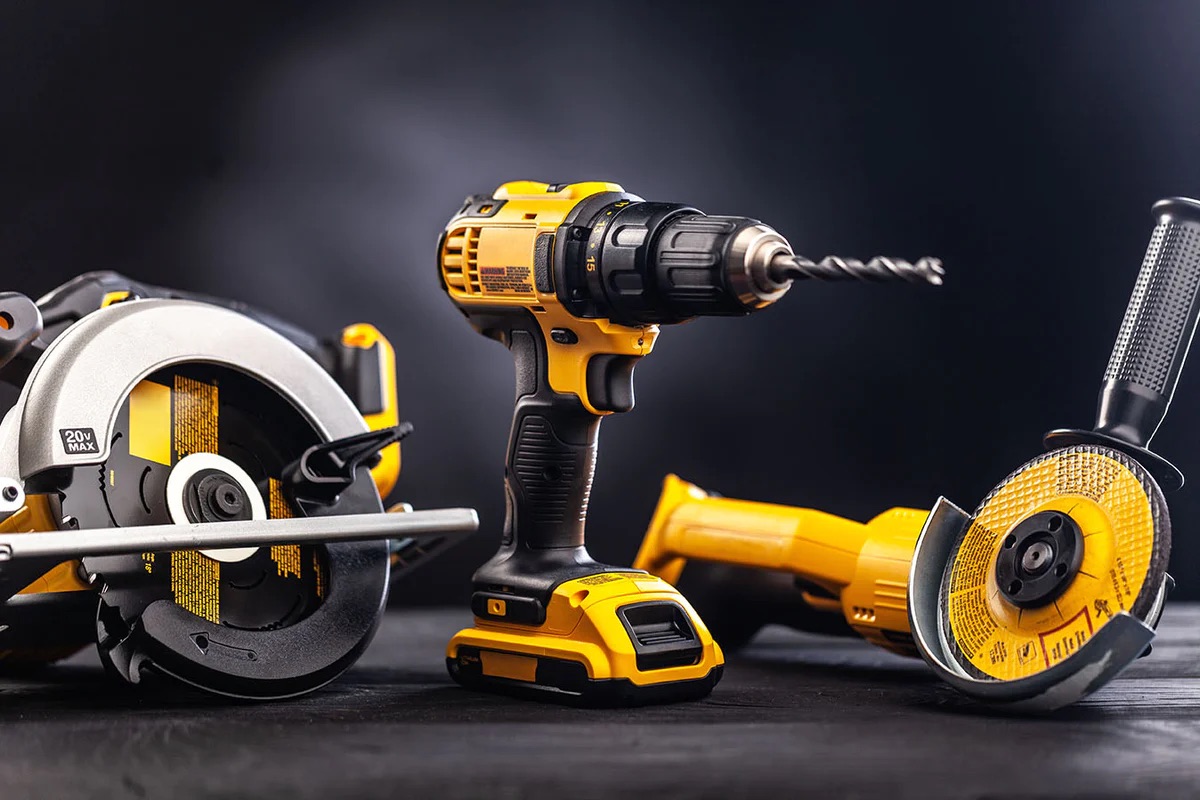
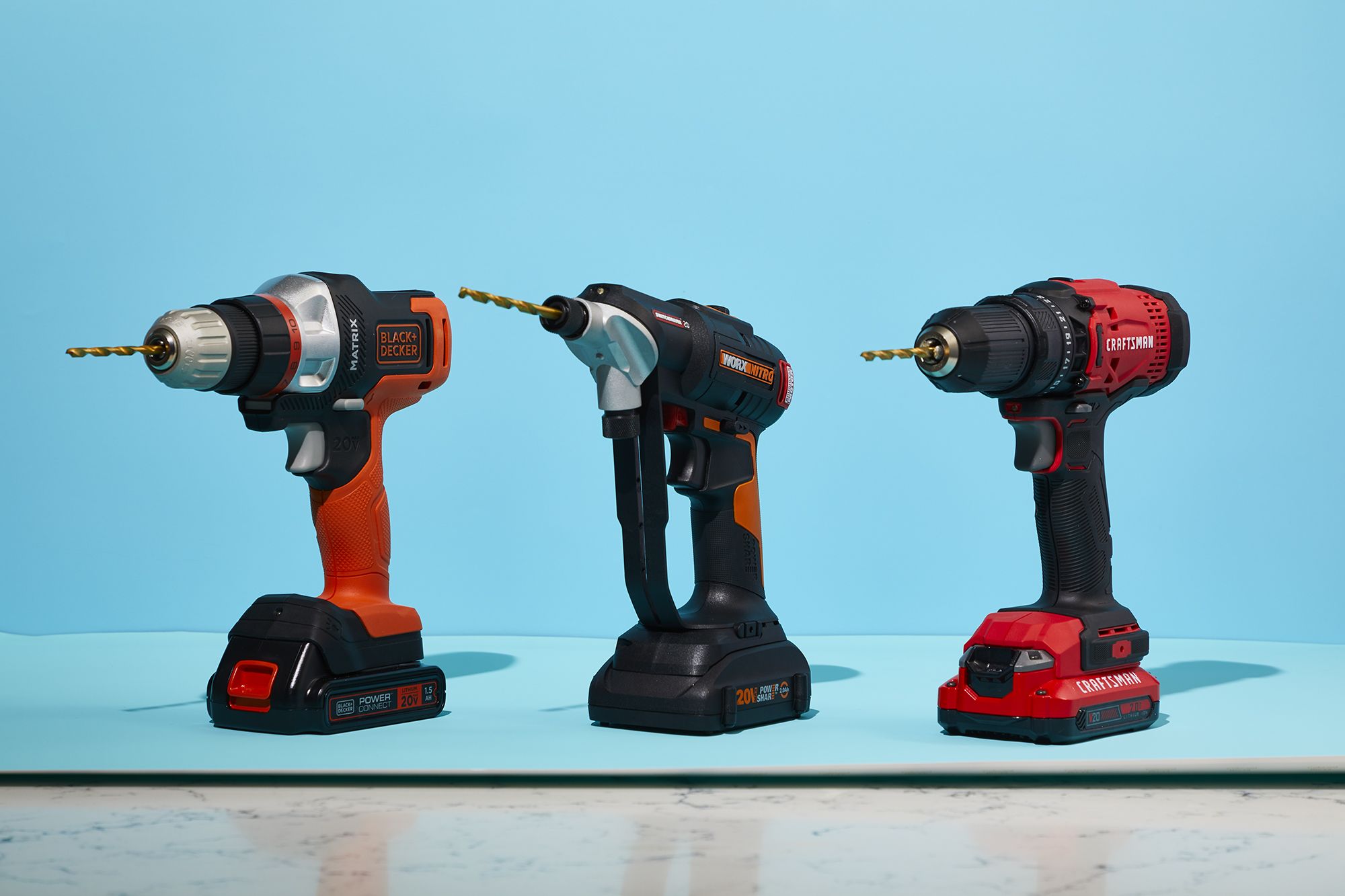


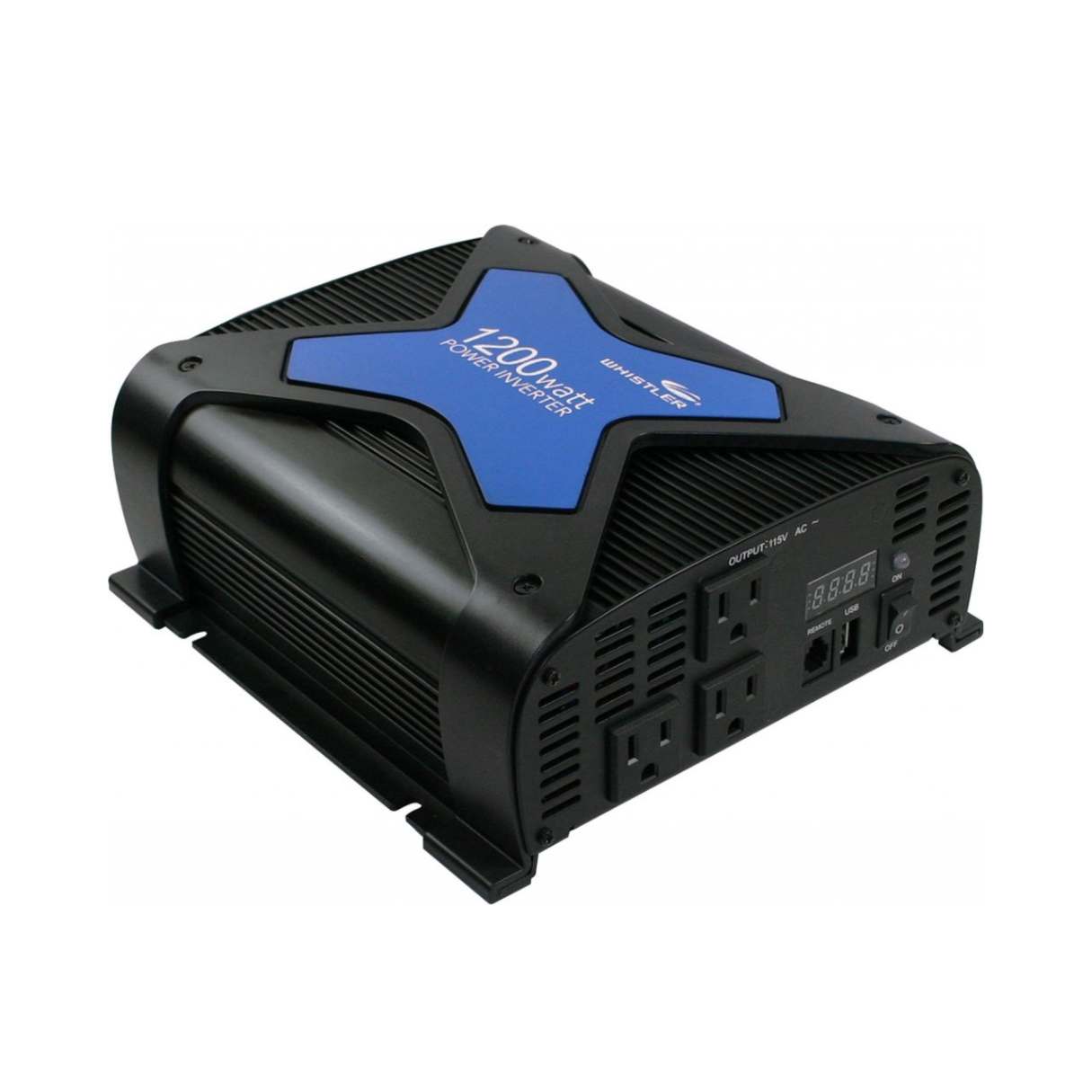

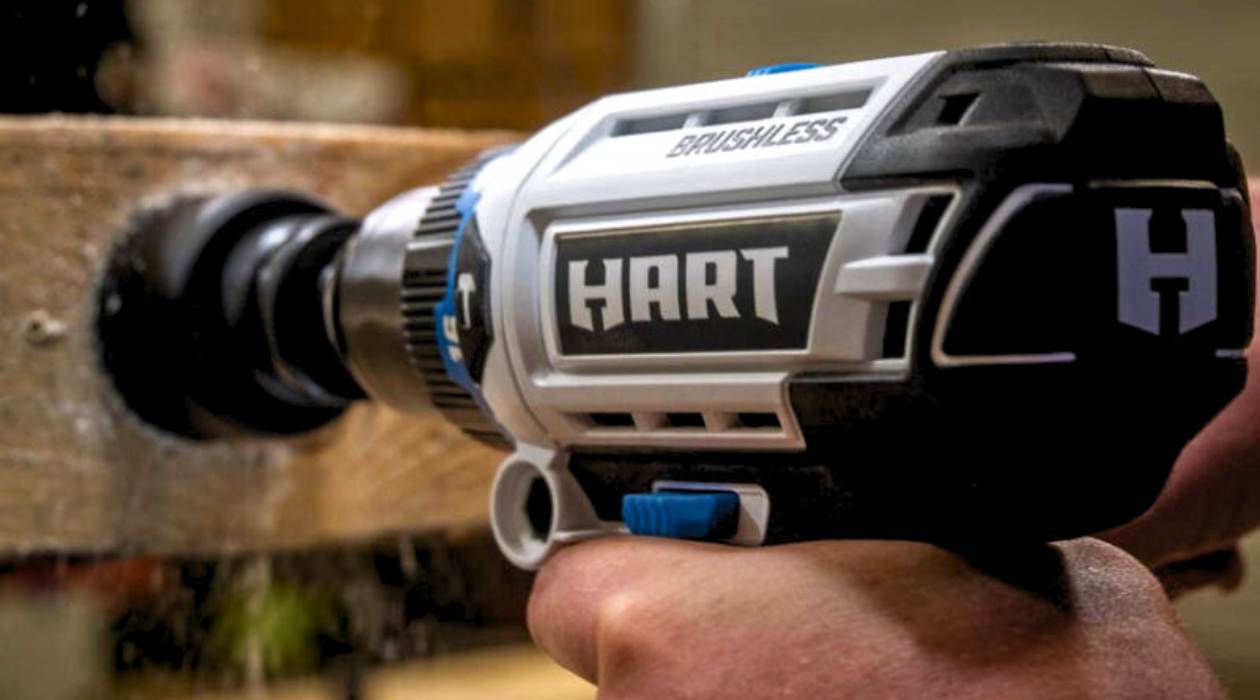
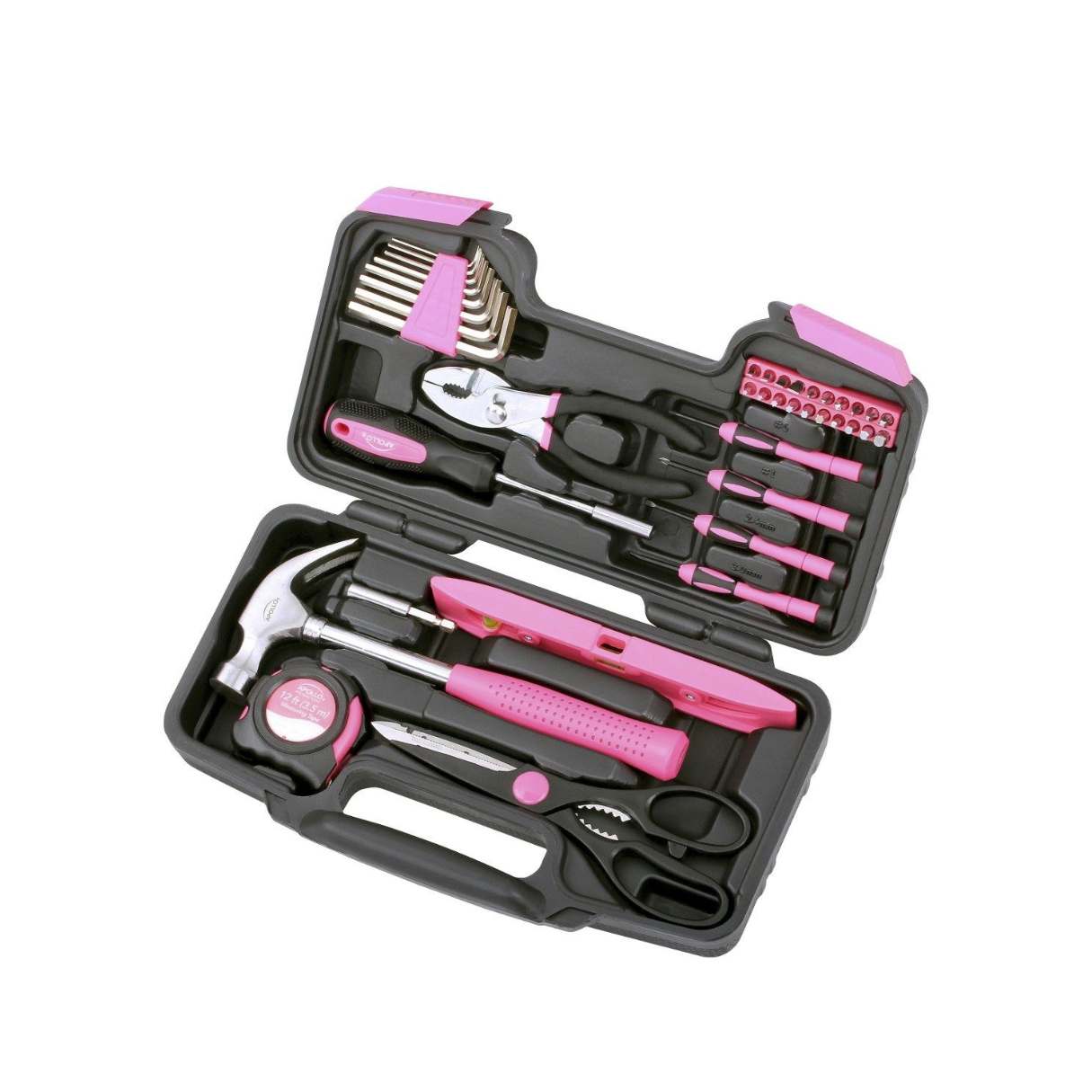
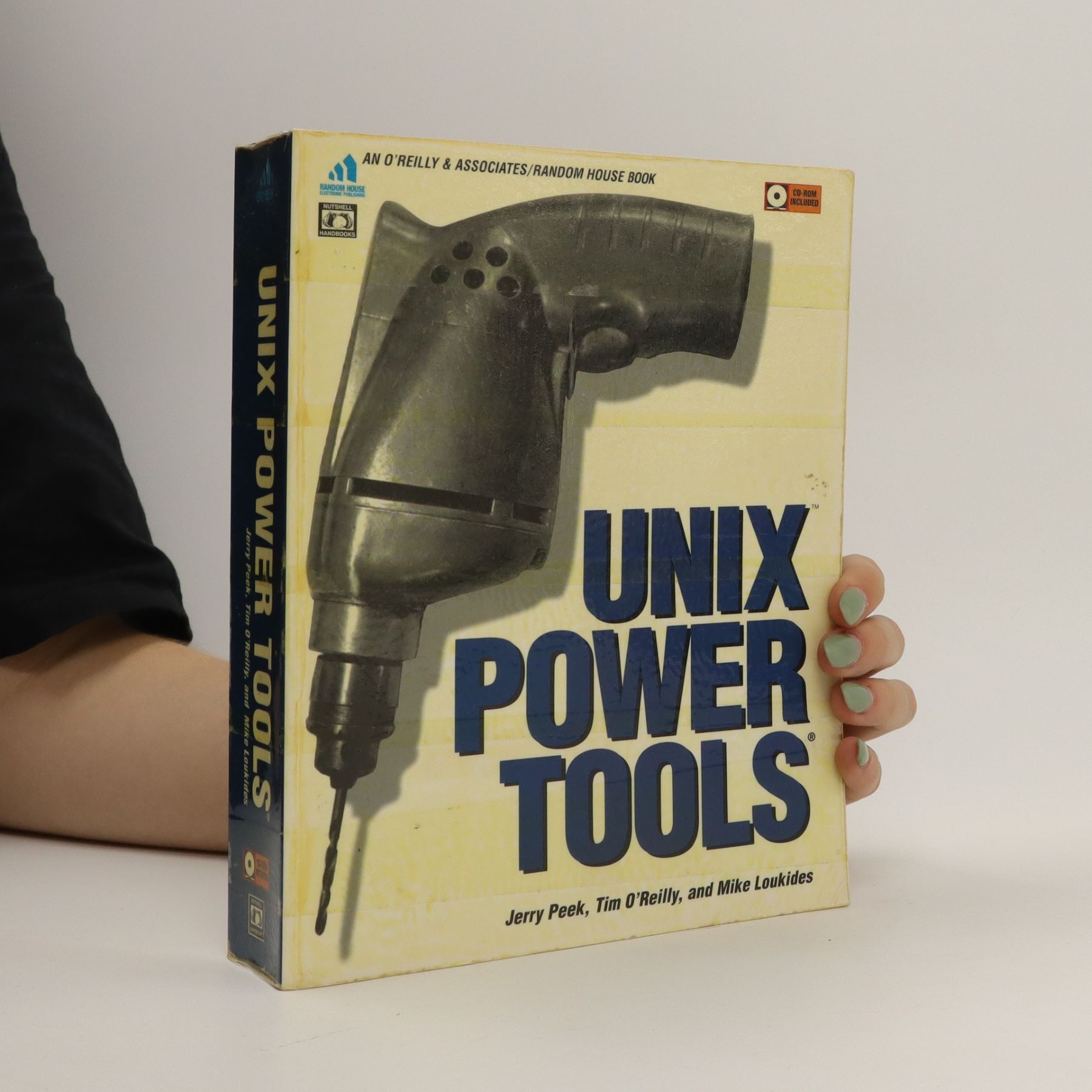
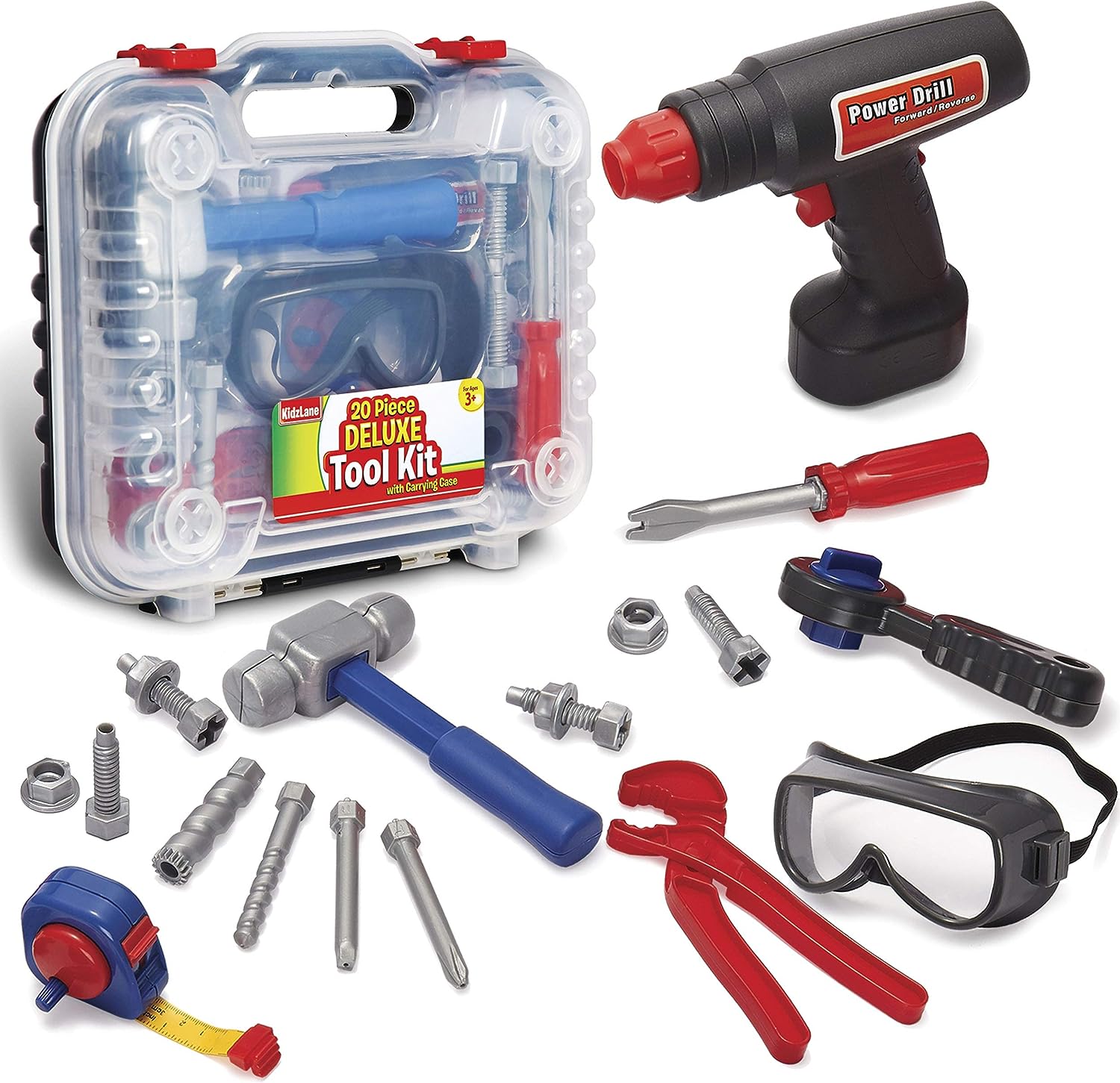

0 thoughts on “What’s The Best Batteries For Power Tools”